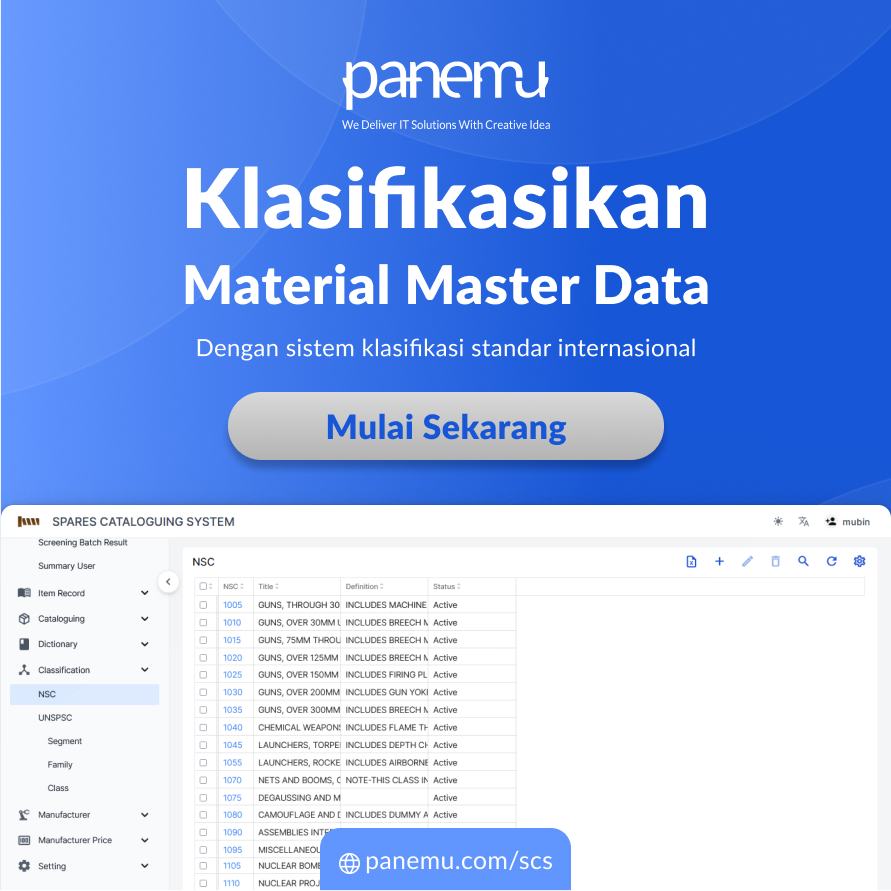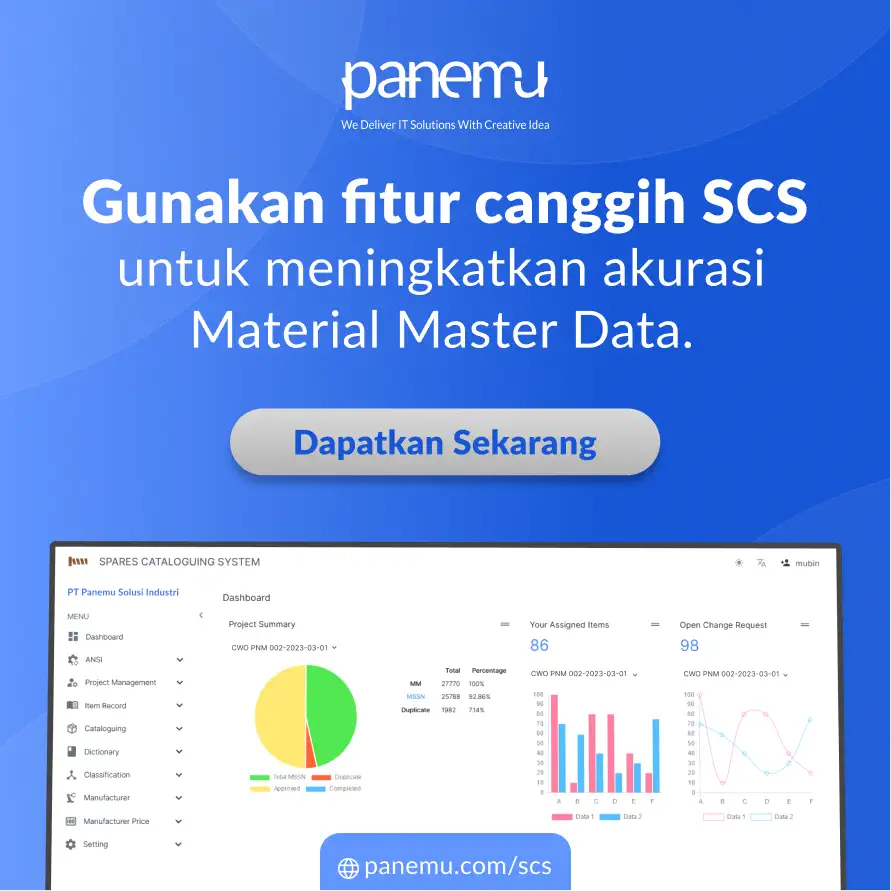Data management in the inventory system is a crucial component in maintaining smooth operations for a company or organization. However, often the challenge of data duplication lurks as a serious threat that has the potential to disrupt the efficiency and accuracy of information. This article aims to analyze the negative impact of data duplication in the context of inventory systems, consider the detrimental implications, and highlight the prevention and response strategies needed to maintain data integrity and operational efficiency.
Understanding the Concept of Data Duplication
Data duplication is a phenomenon where the same information appears in more than one place in an inventory system. Data entities that may be duplicated include product details, stock quantity, price, and other relevant parameters. Factors that trigger data duplication include lack of supervision in the data input process, sub-optimal integration between various systems, and human error at various stages of the process.
Negative Impact of Data Duplication in Inventory Systems
1. Inaccurate Information
One of the most detrimental effects of data duplication is inaccurate information. When the same data has different values in different parts of the inventory system, decisions based on that information are questionable. This can lead to ineffective planning, excessive procurement of goods, or even the risk of unexpected stock shortages.
2. Ineffective Decision Making
Inconsistent data will have an impact on ineffective decision making. For example, a manager using duplicating information might decide to discontinue production of a product because the data shows low stock, when in fact there are sufficient stocks elsewhere. Such a decision is detrimental to the company financially and operationally.
3. Operational Efficiency Disturbances
Data duplication can also interfere with overall operational efficiency. Inefficient data search processes, potential errors in shipping goods, and conflicts in stock information are some of the negative impacts that can arise. Tasks that should be simple can become complicated and time-consuming due to duplicated data.
4. Financial Losses
Financial loss is a serious consequence of duplicating data in a business context. Procurement of goods that are not actually needed, storage costs that increase due to excess stock, and potential errors in pricing can cause significant financial losses for companies.
Strategy for Prevention and Handling of Data Duplication
1. Use of Integrated Data Management System
One of the fundamental steps in preventing data duplication is adopting a data management system that is well integrated throughout the inventory process. This integration ensures that data entities are entered only once and are updated automatically in all relevant sections, reducing the risk of duplication.
2. Data Validation and Quality Control
Validation of data during the input process and implementation of quality control is an important step in preventing data duplication. The system must be able to detect duplicate data and provide a warning to the user to prevent unnecessary repetition of data.
3. Training and Awareness
Training for inventory system users on the importance of avoiding data duplication is a fundamental step. Users must fully understand the adverse effects that can arise from data duplication and feel responsible for maintaining data integrity properly.
4. Routine Cleaning
Performing regular cleaning of inventory data is an effective preventative measure for eliminating duplicate data. This cleaning process should be carried out periodically so that the data remains accurate and avoids duplication problems.
Integrated Solution: Spares Cataloging System (SCS) application from Panemu
In facing the challenge of data duplication that threatens the integrity of inventory information, integrated solutions such as the Spares Cataloging System (SCS) application from Panemu can be a very valuable partner. SCS is an innovative solution specifically designed to help companies optimize inventory data management, prevent data duplication, and generate accurate and reliable information.
By leveraging SCS, companies can achieve several key benefits:
Automatic Data Cleanup
SCS can automatically detect and clean up duplicated data, saving the time and effort required for manual cleaning.
Data Standardization
SCS
can help standardize inventory data, reducing the risk of formatting or
naming variations that might lead to duplication of data.
Data Quality Improvements
By implementing SCS, companies can improve the overall quality of inventory data, reducing the possibility of data errors.
Strong Integration
SCS
has strong integration capabilities with other systems within the
company, ensuring that relevant inventory information is kept up to date
and accurate across departments.
Maintaining the integrity of inventory data is an absolute must in a dynamic and competitive business environment. Data duplication can have a serious impact on a company's operational efficiency, decision-making accuracy, and financial stability. Therefore, efforts to prevent and deal with duplication of data through the use of integrated systems, data validation, training, and routine cleaning are very important.
Integrated solutions such as the Spares Cataloging System (SCS) Application from Panemu are innovative answers to the challenge of data duplication. By utilizing this solution, companies can optimize inventory data management, minimize the risk of data duplication, and generate accurate and reliable information to support successful operations. For more information about the Spares Cataloging System (SCS) Application and how this solution can grow your company's inventory, please visit panemu.com/scs website now. With the right steps and innovative solutions, companies can better maintain the integrity of inventory data and optimize operational efficiency.


